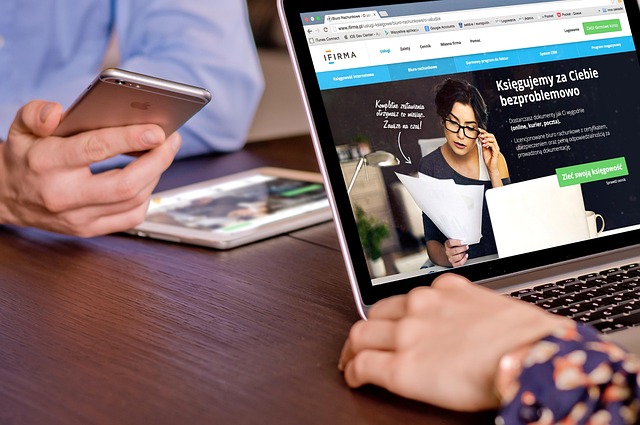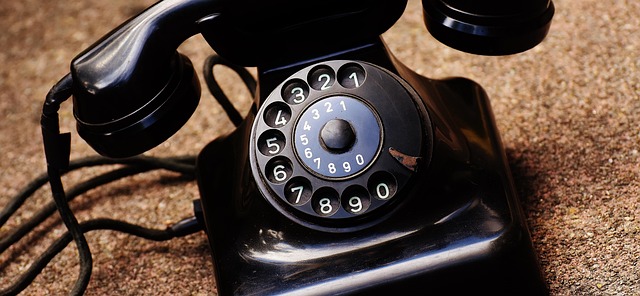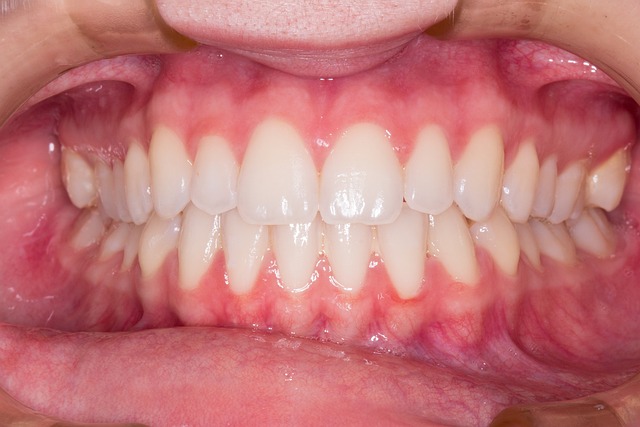Dental practices require specialized call center solutions for efficient dentist office phone answering. Key goals include managing calls effectively, enhancing patient experiences, and improving lead conversion rates. Advanced technologies automate tasks, free up staff time, reduce wait times, and ensure personalized follow-up care, ultimately boosting patient satisfaction, retention, and oral health outcomes. Measuring KPIs like call handling time, average wait times, and first-call resolution rates is crucial for continuous optimization and service improvement.
In today’s competitive dental landscape, efficient call center services are no longer a luxury but a necessity. Specialized call centers cater to dentist offices’ unique needs, managing inbound calls, appointment scheduling, and post-visit follow-ups with precision. This article explores effective strategies for each area, leveraging technology integration to enhance patient engagement and streamline operations. By understanding dental practice call center needs and implementing proven techniques, practices can elevate their patient experiences and improve overall operational efficiency through optimized dentist office phone answering.
- Understanding Dental Practice Call Center Needs
- Efficient Inbound Call Management Strategies
- Streamlined Appointment Scheduling Techniques
- Personalized Post-Visit Patient Engagement
- Technology Integration for Enhanced Services
- Measuring Success: Key Performance Indicators
Understanding Dental Practice Call Center Needs

Dental practices have unique call center needs due to the specialized nature of their services and patient interactions. Effective dentist office phone answering is crucial for managing inbound calls, which often include a mix of patient inquiries, appointment requests, and emergency situations. A well-organized call center for dental practices should be equipped to handle these varying demands efficiently.
The primary goal is to enhance patient experience and ensure high dental lead conversion rates. With proper dental practice support systems in place, call centers can streamline appointment management, reducing no-show rates and optimizing the dentist’s schedule. This involves not just answering calls but also providing prompt and accurate information, scheduling, and follow-up care, thereby contributing to improved patient satisfaction and retention.
Efficient Inbound Call Management Strategies

Efficient inbound call management is pivotal for dentist offices to maintain a high level of patient satisfaction and streamline their operations. Implementing structured strategies ensures every caller receives prompt, personalized attention. One effective approach involves training staff to actively listen to patients’ needs and concerns, then promptly address or escalate them accordingly. This reduces wait times and enhances the overall experience.
Using advanced phone systems with features like automated call routing, voice mail, and callback options can further optimize processes. Integrating these tools allows for efficient triaging of calls, ensuring urgent matters are handled first. Additionally, leveraging an oral care call center specializing in dentist office phone answering provides dedicated support, freeing up dental practice staff to focus on patient care and appointment management.
Streamlined Appointment Scheduling Techniques

In today’s fast-paced dental practice landscape, streamlined appointment scheduling techniques are essential for optimal operations and patient satisfaction. Specialized call center services play a pivotal role in enhancing the dentist office phone answering experience, ensuring every inbound call is managed efficiently. These services employ advanced technologies to automate tasks like initial patient intake, which significantly reduces wait times and improves first impressions.
By leveraging professional dental practice support, dentists can focus on delivering quality care while their appointments are meticulously managed. This includes not just setting appointments but also handling post-visit follow-ups, ensuring a comprehensive and seamless experience for every patient. Such services cater to various needs, from simple scheduling adjustments to complex rescheduling scenarios, providing a robust system for dentist appointment management.
Personalized Post-Visit Patient Engagement

After a patient visits the dentist office, personalized post-visit engagement can significantly enhance their experience and encourage future appointments. This involves proactive communication strategies that go beyond the standard “thank you” call. By implementing tailored messaging, dental practices can foster stronger relationships with patients, ensuring they feel valued and heard. A simple follow-up call or text message inquiring about recovery and overall satisfaction shows a commitment to patient care, boosting loyalty and increasing the likelihood of repeat visits.
Effective post-visit engagement also includes offering additional resources or tips relevant to their treatment. For instance, a dental practice could send an email with personalized instructions for at-home care, information on potential side effects, and even recommendations for complementary products. This not only demonstrates expertise but also serves as a powerful tool for dental lead conversion, as it keeps the dentist office phone answering lines busy with meaningful interactions that facilitate better patient intake and overall dental practice support.
Technology Integration for Enhanced Services

Modern technology plays a pivotal role in transforming dentist office phone answering into a sophisticated and efficient process. By integrating advanced call center software with their dental practices, practices can significantly enhance patient care and experience. This includes automated appointment scheduling, which streamlines the booking process, reduces wait times, and increases availability for patients.
Moreover, technology enables seamless communication between patients and dental professionals through interactive voice response (IVR) systems, allowing patients to easily navigate menus for common inquiries or schedule changes. The integration also facilitates post-visit follow-ups, with automated reminders ensuring timely check-ins, promoting patient retention, and contributing to improved oral care call center outcomes while boosting dental lead conversion rates.
Measuring Success: Key Performance Indicators

Measuring success is paramount when implementing specialized call center services for dental practices. Key Performance Indicators (KPIs) provide a clear picture of how well the service is performing, guiding improvements and strategic decisions. For dentist office phone answering, metrics such as call handling time, average wait times, and first-call resolution rates are crucial. Aiming to reduce wait times below two minutes and achieving high first-call resolution can significantly enhance patient satisfaction.
Moreover, tracking dental lead conversion rates offers insight into the effectiveness of appointment setting. A successful oral care call center should strive for a high conversion rate—for instance, above 70%—indicating efficient patient intake. Monitoring these KPIs allows for continuous optimization, ensuring the call center service not only meets but exceeds expectations, contributing to the overall success and growth of the dental practice.
